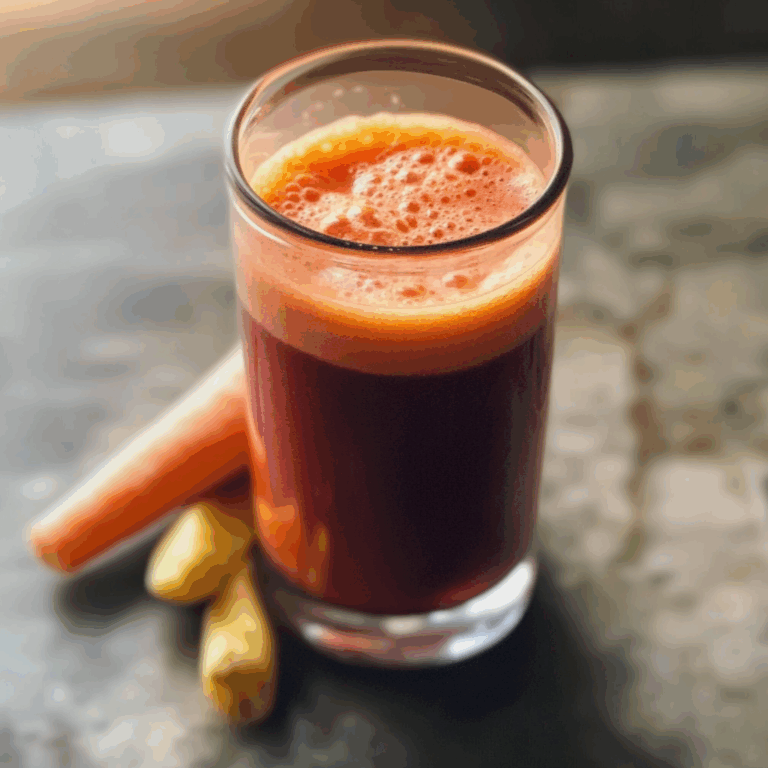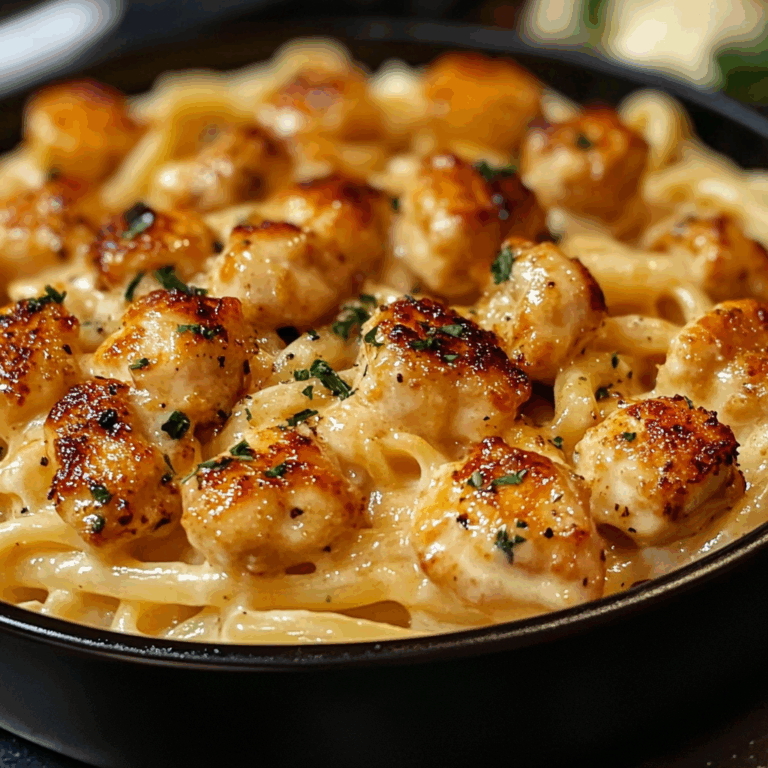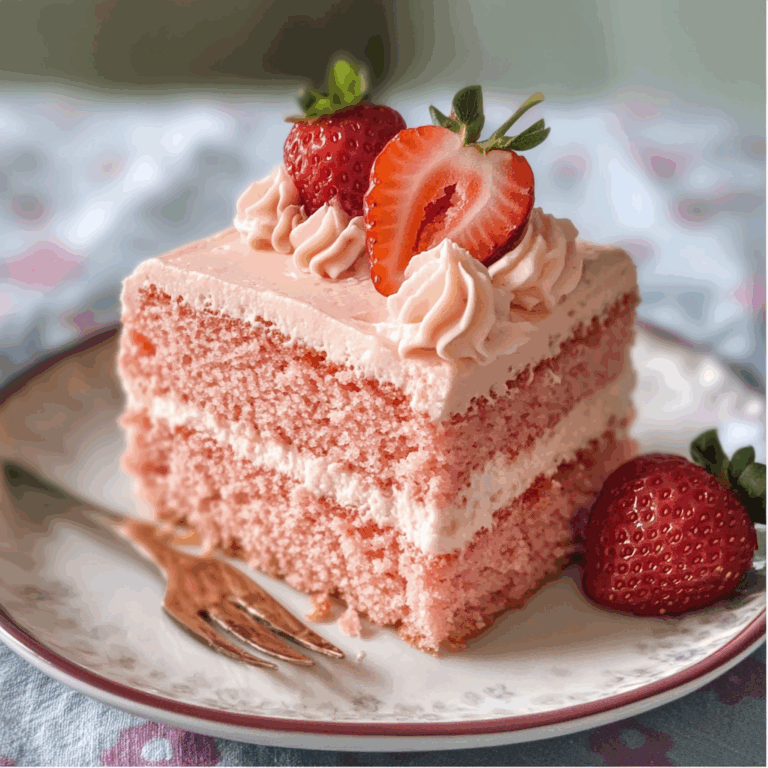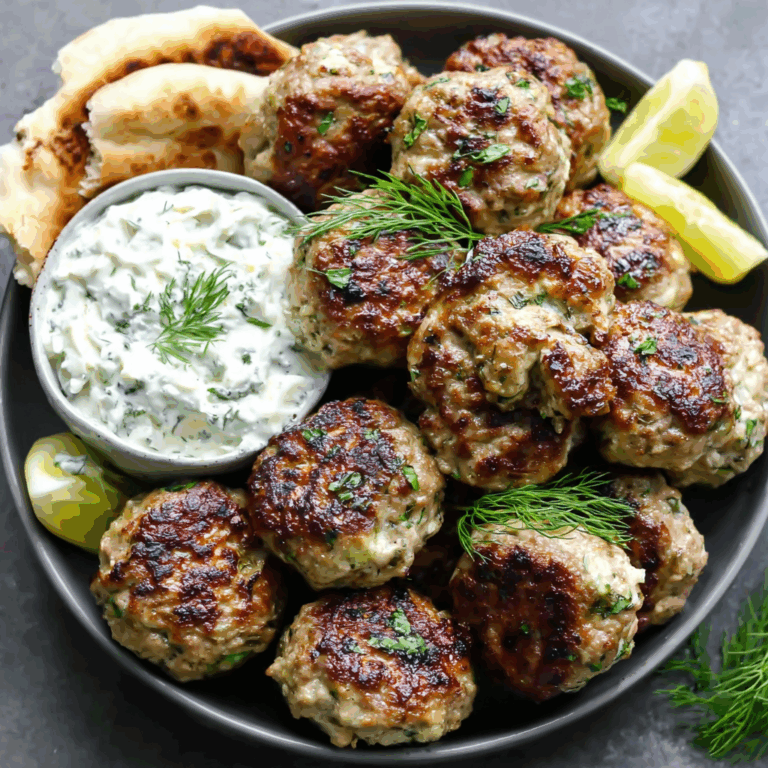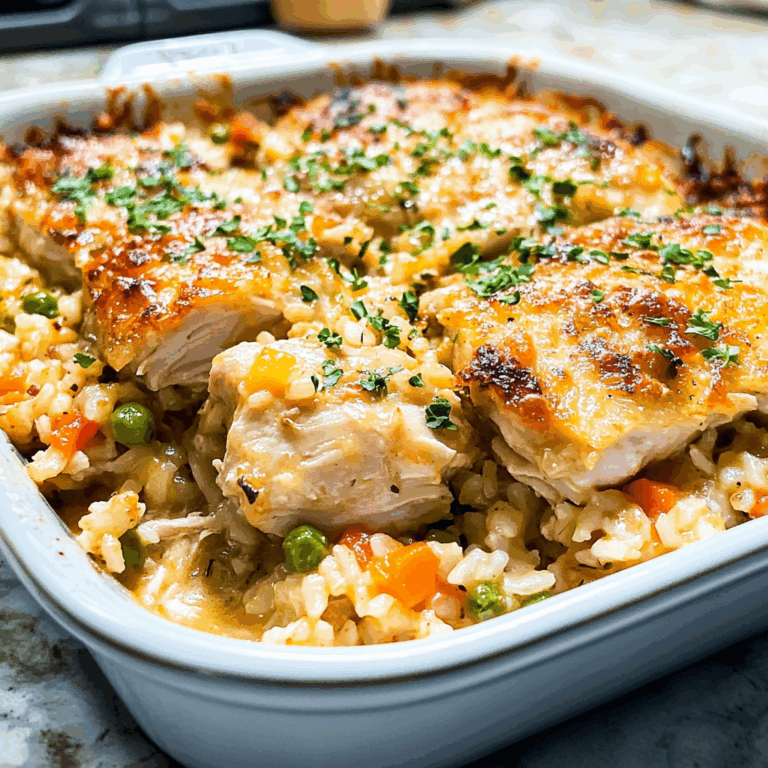Baked Cottage Cheese Eggs: A Delightful Breakfast Delight
Baked Cottage Cheese Eggs are a delightful breakfast dish that combines the rich, creamy texture of cottage cheese with the classic flavors of baked eggs. This recipe is a true crowd-pleaser, delivering a satisfying and nutritious start to your day.
Whether you’re looking for a simple weekday breakfast or a showstopping brunch item, these Baked Cottage Cheese Eggs are sure to impress. With their irresistible aroma and mouthwatering presentation, it’s no wonder this recipe has become a perennial favorite among home cooks and foodies alike.
❤️ Why You’ll Love This Recipe ❓
Baked Cottage Cheese Eggs offer a unique blend of flavors and textures that set them apart from traditional egg dishes. The creamy, protein-rich cottage cheese creates a luscious base that perfectly complements the fluffy, golden-baked eggs. Plus, this recipe is incredibly versatile, allowing you to customize it to suit your dietary needs or personal preferences.
Beyond the taste, these Baked Cottage Cheese Eggs are also incredibly easy to prepare, making them a fantastic choice for busy mornings or lazy weekends. With minimal prep time and straightforward instructions, you can have a delicious, restaurant-quality breakfast on the table in no time.
And let’s not forget the impressive presentation! These baked beauties are sure to turn heads when served, making them an excellent choice for special occasions or impressing your guests.
🛒 What You Need to Prepare Baked Cottage Cheese Eggs ❓
• 4 large eggs
• 2 tablespoons grated Parmesan cheese
• 1 tablespoon chopped fresh chives (or green onions)
• 1/4 teaspoon salt
• 1/8 teaspoon ground black pepper
The beauty of this Baked Cottage Cheese Eggs recipe is that most ingredients are pantry or freezer staples. The combination of creamy cottage cheese, rich eggs, and savory Parmesan creates the delightful flavor profile that has made baked egg recipes perennially popular.
📝 How to Make Baked Cottage Cheese Eggs Step-by-Step ❓
• Step 2: In a medium bowl, combine the cottage cheese, eggs, Parmesan cheese, chives, salt, and black pepper. Whisk until well blended.
• Step 3: Divide the cottage cheese mixture evenly among the prepared muffin cups or ramekins.
• Step 4: Bake for 20-25 minutes, or until the eggs are set and the tops are lightly golden.
• Step 5: Remove the baked cottage cheese eggs from the oven and let them cool for 5 minutes before serving.
⏱️ Timing Overview
• Cooking time: 20-25 minutes
• Total time: 30-35 minutes
Compared to traditional quiche or frittata recipes, which can take up to 60 minutes to prepare, this Baked Cottage Cheese Eggs recipe saves you 50% of your cooking time while delivering similar flavors.
👩🏻⚕️ Nutritional Information
Per serving (based on 6 servings):
• Protein: 13g
• Carbohydrates: 3g
• Fat: 6g
• Fiber: 0g
• Sodium: 310mg
These Baked Cottage Cheese Eggs provide approximately 26% of your daily protein requirements and 13% of your daily calcium needs, making them not just delicious but nutritionally valuable as well.
🔄 Healthier Alternatives for the Recipe
• Lower-carb version: Substitute the Parmesan cheese with grated cheddar or mozzarella for a lower-carb alternative.
• Dairy-free adaptation: Replace the cottage cheese with a plant-based alternative, such as silken tofu or cashew-based ricotta.
• Added protein: Fold in a scoop of protein powder or a couple of tablespoons of ground flaxseed for an extra protein boost.
• Boost vegetables: Mix in diced bell peppers, spinach, or mushrooms for added nutrients and fiber.
These modifications can reduce calories by up to 20% or adapt the recipe for specific dietary needs without compromising the fundamental flavor profile of the Baked Cottage Cheese Eggs.
🍽️ Serving Suggestions
• Pair with a fresh green salad for a complete and balanced meal.
• Complement with a bowl of fruit salad or a cup of yogurt for a nutritious breakfast.
• For a brunch gathering, serve the Baked Cottage Cheese Eggs alongside a selection of breakfast meats, like crispy bacon or sausage.
• Create an impressive breakfast or brunch platter with the Baked Cottage Cheese Eggs as the centerpiece, surrounded by fresh berries, sliced avocado, and a sprinkle of chopped chives.
❌ Common Mistakes to Avoid
• Underbaking: Keep a close eye on the baking time to ensure the eggs are fully set and the tops are lightly golden. Underbaked eggs can result in a runny, unappetizing texture.
• Forgetting the seasoning: Don’t skip the salt and pepper – they help to enhance the overall flavor of the Baked Cottage Cheese Eggs.
• Using low-quality cottage cheese: For the best results, use a high-quality, full-fat cottage cheese with a creamy texture.
• Not letting the eggs cool before serving: Allow the baked eggs to cool for 5 minutes before serving to prevent them from falling apart when removed from the muffin tin or ramekins.
🧊 Storing Tips for the Recipe
These Baked Cottage Cheese Eggs retain their quality remarkably well:
• Freezing unbaked: Prepare the cottage cheese mixture, divide it into the muffin cups or ramekins, and freeze for up to 2 months. Thaw in the refrigerator overnight before baking.
• Freezing baked: Allow the baked eggs to cool completely, then wrap them individually in plastic wrap or foil and freeze for up to 2 months. Reheat in the oven at 350°F (175°C) for 10-15 minutes until heated through.
• Reheating: To reheat refrigerated or frozen Baked Cottage Cheese Eggs, place them in a 350°F (175°C) oven for 5-10 minutes, or until warmed through. This will help restore the creamy, fluffy texture.
❓ FAQs
Can I make Baked Cottage Cheese Eggs ahead of time?
Absolutely! You can prepare the cottage cheese mixture up to 2 days in advance and store it in an airtight container in the refrigerator. When ready to bake, simply divide the mixture into the prepared muffin cups or ramekins and follow the baking instructions. Alternatively, you can bake the Cottage Cheese Eggs ahead of time and reheat them when needed.
Can I substitute the cottage cheese?
Yes, you can use a variety of cheese alternatives in this recipe. Ricotta cheese, cream cheese, or even a plant-based cheese like cashew or almond-based ricotta would work well. Just keep in mind that the flavor and texture may vary slightly depending on the substitution.
Are these Baked Cottage Cheese Eggs suitable for a low-carb or keto diet?
With a few simple modifications, you can easily adapt this recipe to fit a low-carb or keto lifestyle. Substitute the Parmesan cheese with grated cheddar or mozzarella, and use a low-carb or non-dairy milk alternative in place of the cottage cheese. These adjustments will significantly reduce the carbohydrate content while preserving the delicious flavor profile.
What should I do if the Baked Cottage Cheese Eggs are still runny after baking?
If the eggs are not fully set after the recommended baking time, simply return them to the oven and bake for an additional 5-10 minutes. The key is to ensure the eggs are completely cooked through and the tops are lightly golden. Underbaking can result in a runny, unappetizing texture, so it’s important to monitor the baking time closely.
Can I add any extra ingredients to this recipe?
Absolutely! The Baked Cottage Cheese Eggs recipe is highly versatile and can be customized to suit your preferences. Consider adding diced bell peppers, spinach, or mushrooms for added nutrients and flavor. You can also fold in a scoop of protein powder or a couple of tablespoons of ground flaxseed for an extra protein boost.
Conclusion
These Baked Cottage Cheese Eggs represent the perfect balance of convenience, flavor, and presentation. Whether you’re serving them as a special brunch item or a quick weekday breakfast, they’re sure to impress with their creamy, protein-packed goodness. The versatility of this recipe allows for countless variations to suit your taste preferences and dietary needs.
With simple ingredients and straightforward preparation, these Baked Cottage Cheese Eggs demonstrate that sophisticated flavors don’t require complicated techniques – just quality ingredients and a little bit of care in the baking process. So why not give this delightful recipe a try and experience the joy of a nutritious, delicious breakfast that’s sure to become a new household favorite?


